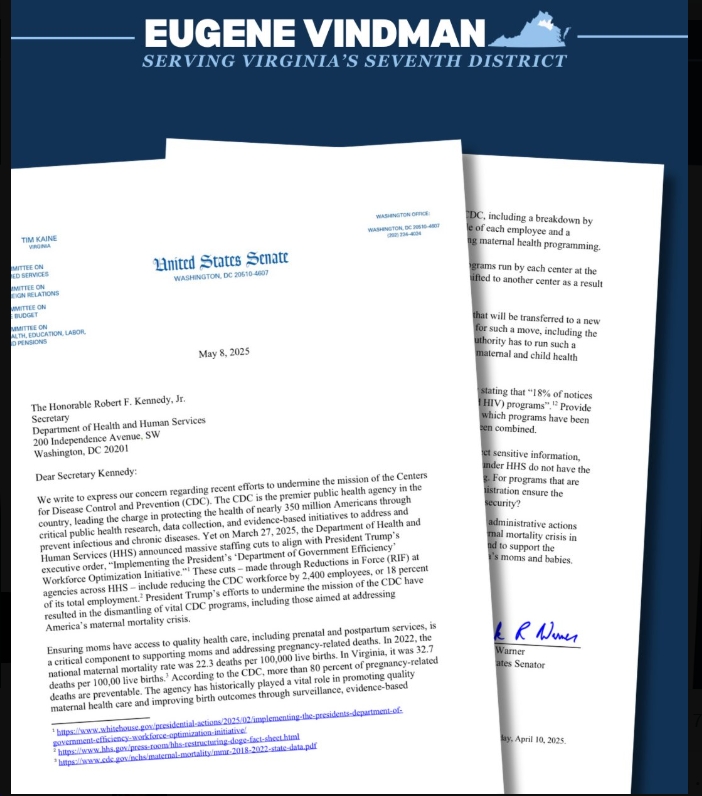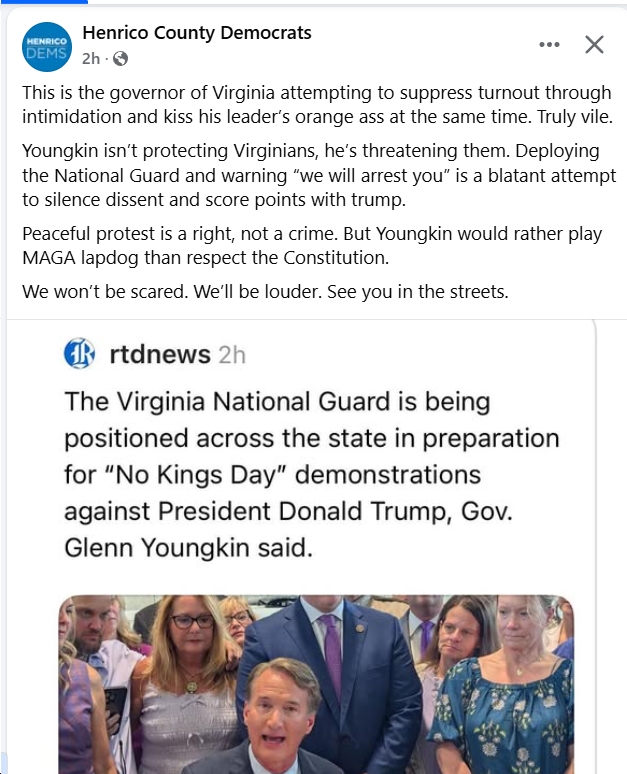Bernie Taps into a Something Deep in America
The news people have noticed that Bernie Sanders is attracting crowds bigger and more enthusiastic than they’d have predicted. What’s happening here, they’ve wondered?
My hypothesis is that Bernie Sanders is tapping into something deep and strong in the American electorate: a desire to fight back against the Big Money power that’s been stealing wealth and power from the American people.
Bernie Sanders is speaking truth about several profound issues about which growing numbers of Americans are unhappily aware.
That the middle class is being hollowed out, while the rich get richer, is something they experience in their daily lives.
This is what Bernie Sanders has called the great moral, economic, and political issue of our times.
That money has become too powerful in our politics is something that, according to a poll just out from the New York Times and CBS, some 84% of the American people recognize.
Bernie Sanders has declared his intention to deal with the corruption of our democracy by money, including overturning the Supremes’ disgraceful Citizens United decision.
That climate change constitutes a crisis we are morally obliged to deal with responsibly is something that growing numbers of people – including a small majority of Republicans (according to a recent national poll) – acknowledge.
Bernie Sanders is speaking plainly about this, too.
And on all these issues, Bernie Sanders is credible, having been consistent over the years on these positions. And he is articulate and he is passionate.
With these pieces all in alignment, it seems entirely reasonable to believe that the response to Bernie Sanders – seen in these big crowds in Vermont, Iowa, and Minnesota – represents the beginnings of what could become a “movement.”
There is a hunger in America that could express itself through the candidacy of this straight-talking Senator.
The Challenge to Hillary Clinton
Maybe this “movement” will become so powerful as to overcome Hillary Clinton’s great advantages, and secure the Democratic nomination. But I would not bet on it.
But even without a victory at the convention, if the Sanders campaign does become a “movement,” that in itself will be something with which Hillary will have to contend.
The question will be, when/if Hillary becomes the nominee, how much of the enthusiasm of that movement will transfer to her?
A more extreme version of Hillary’s challenge is found in the Democratic presidential politics of 1968. That year, the central issue was Vietnam, and the “movement” that arose to oppose that war lined up first behind Senator Eugene McCarthy and then also behind Bobby Kennedy.
The candidate who got the nomination was Hubert Humphrey, the vice-president to LBJ, the president whose decisions had done the most to give us the disaster that was that war.
For Humphrey, the challenge was to appeal to the part of the party where all the deep enthusiasm lay, while also not betraying the president and the party establishment that were giving him the nomination. His success at meeting that challenge was very limited, and in an extremely close election, he lost to Richard Nixon-and the war ground on for another terrible seven years.
There are important differences between 1968 and today.
1) It is not clear that the passions surrounding inequality and the theft of our democracy are as widespread and intense as those surrounding a war into which America’s youth were being drafted to kill and die for what looked like for no good reason.
2) Primaries in 1968 determined only a minority of the delegates to the convention, so it was still possible for the likes of LBJ, John Connally of Texas, and Mayor Daly in Chicago to decide the nominee in the backroom, disregarding the preferences expressed by citizens in the primary process.
3) And Hillary is not so inextricably tied to the problem of inequality as Humphrey was to the war.
Nonetheless, Hillary’s politics have hardly been the populism of Bernie Sanders. She has strong ties to Wall Street, and she has bridges that she presumably is not eager to burn. She does face the Humphrey danger: that those whose enthusiasm may be essential to her success in a general election may see her more as part of the problem than as part of the solution.
So, assuming that the Bernie Movement continues to gather strength, it will be interesting to see in the coming months how good Hillary is at adopting – or co-opting – those issues that Bernie is using to tap into the political passion that is now becoming visible.
Will she be convincing in representing herself as someone who will fight against inequality in wealth and power-convincing enough so that, if she finally secures the nomination, the followers of Bernie are glad to rally around her to defeat the Republicans?
Will she be convincing in representing herself as someone who will lead strongly on the issue of climate change?
On both scores, her own history is mixed. So making that sale will require conveying real conviction, and not just words.
Far more than just Hillary Clinton’s fate may depend on how well she succeeds at meeting that challenge. Today’s Republicans make Richard Nixon look responsible, and this nation can ill afford having any of these Republican candidates, leading today’s atrocious Republican Party, become president.

















